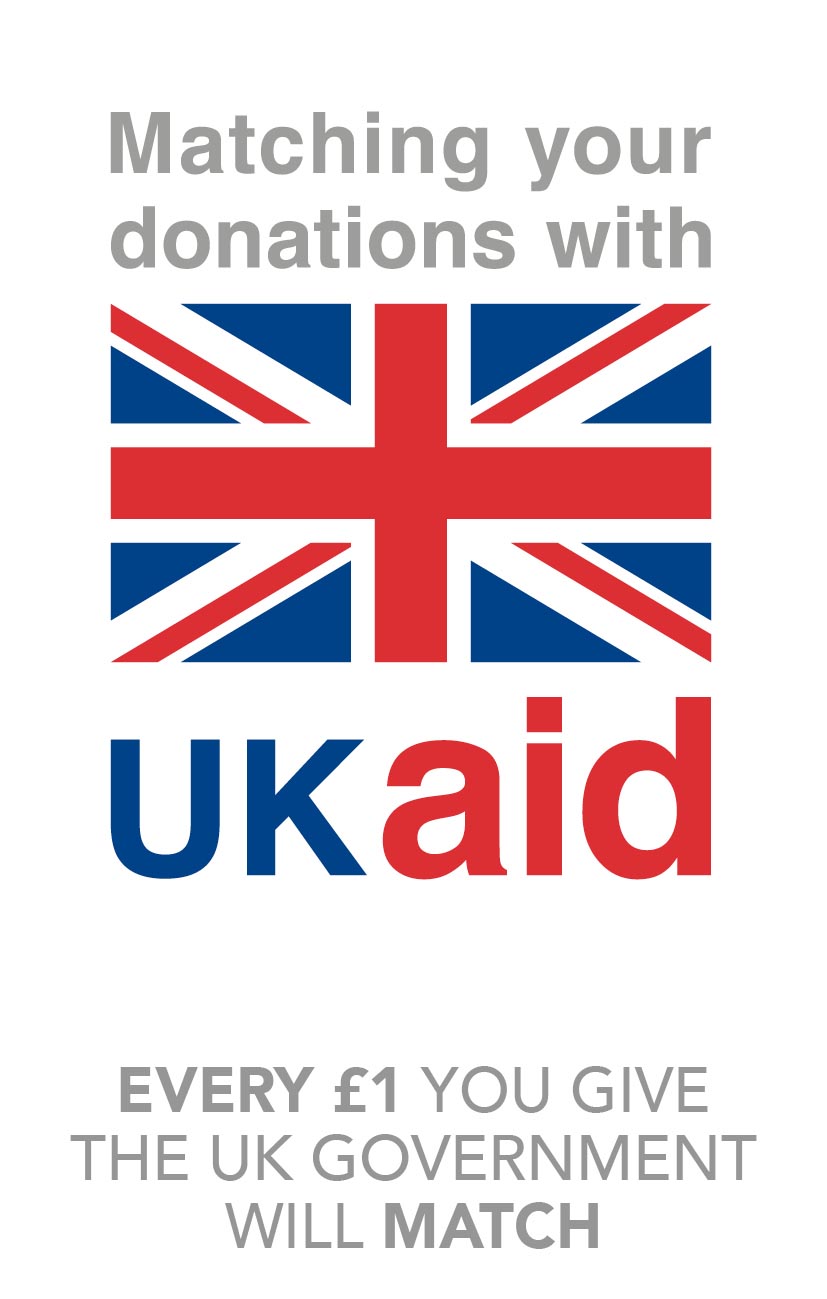12 February 2015
Will you help to end water poverty this World Water Day?
One in ten of the world's population – 748 million people – lack access to safe, clean water, something Evangelical Alliance member Samaritan's Purse wants to change.
Inadequate access to safe water and sanitation services, coupled with poor hygiene practises, sickens or kills 4,000 children every day, according to UNICEF. That's three children every minute dying due to waterborne diseases.
Today, the situation in Karamoja, in north-eastern Uganda, is desperate. Six out of 10 people lack access to a clean water source; every month, half of the children suffer from diarrhoea, the third biggest killer of children under five years old.
In northern Uganda, the demand for water already exceeds supply. Four in ten water sources provided in the past have been rendered non-functional, either due to poor design, technical breakdown, a drop in the water table, soil or sand leaking into the well shaft, leakage or vandalism.
In Karamoja, whole families are affected in unimaginable ways by this situation. Sickness prevents children from attending school;parents must stay home to look after sick children, which means they cannot go out to earn money;lack of money means that families cannot afford food or healthcare.
Simon Barrington, executive director of Samaritan's Purse UK, and Peter Wooding, who handles the charity's communications, visited the region in October 2014.
"We visited the Napak and NakaPiriPirit districts of Karamoja, and met hundreds of adults and children who drink dirty water and live with the effects of waterborne diseases. We talked to women whose children had died from drinking dirty water and who feared for the lives of their remaining children. We spoke to mothers and grandmothers who are unable to work because they are caring for sick children. We saw withered vegetable gardens and bare food stores, and heard about the challenges faced by women and children who are forced to walk for two or more hours every day to get clean water. The harsh reality is that the majority of children in Karamoja, especially girls, are spending their days fetching water rather than attending school.
"The most upsetting sight of our trip was visiting a water source that was brown and green with algae. As we watched the women collecting water from the pond, a herd of goats arrived and began drinking from the same source."
Simon Barrington added his thoughts: "You can't come to a place like this without getting choked up and emotional because you know this could be you and your children who don't have access to the simple gift of drinking clean water.
"It broke my heart to see that they were drinking this disease-ridden water without boiling it or using any filtration. We saw the effect of this when we followed one mother back to her mud hut and watched her use the dirty water for cooking and washing;we watched as her children drank the water straight from the bucket in which it had been collected."
In another community, the impact of broken wells means women and children queuing for hours at a congested well that is the only water source for three nearby villages, totalling 400 households.
Often frustration results in fighting, which they witnessed as women and children shouted, pushed and jostled with each other to get their jerry cans under the water first.
They spoke to Agnes, chairperson for the water committee in this community. She explained: "We all use this because there are two broken boreholes either sides of us and that's why there are so many people here. It takes many hours for people to queue here for water. Others come at night to collect water."
However the most shocking story Agnes told was that a recent fight at the well had resulted in someone being killed, simply because they wanted clean water.
Stephen Irumba, Samaritan's Purse national water programme manager explained the situation there: "This well has been broken here at this early childhood development centre in Napak district for the last eight months, so now the kids don't have water to serve them.
"This traps the children and their families in a poverty cycle. Because the children can't get safe clean water at school, they get sick and this means the parents will not be able to generate an income because they are looking after their young ones who are still at home. So this means low incomes and low development."
To help break these communities out of this vicious water poverty cycle Samaritan's Purse wants to rehabilitate 45 broken wells, drill five new boreholes in Karamoja and provide comprehensive sanitation and hygiene education.
With your support, Samaritan's Purse can eliminate water poverty for more than 20,000 people living in 50 communities in Karamoja, by raising £300,000 by the end of April 2015.
What's more, in response to your generosity, your donation will be matched by the UK government to reach twice as many.
Do something extraordinary for World Water Day, 22 March 2015. We have some great fundraising resources for individuals, churches and schools.
To find out more and order/download your pack, go to: www.TurnOnTheTap.org.uk


